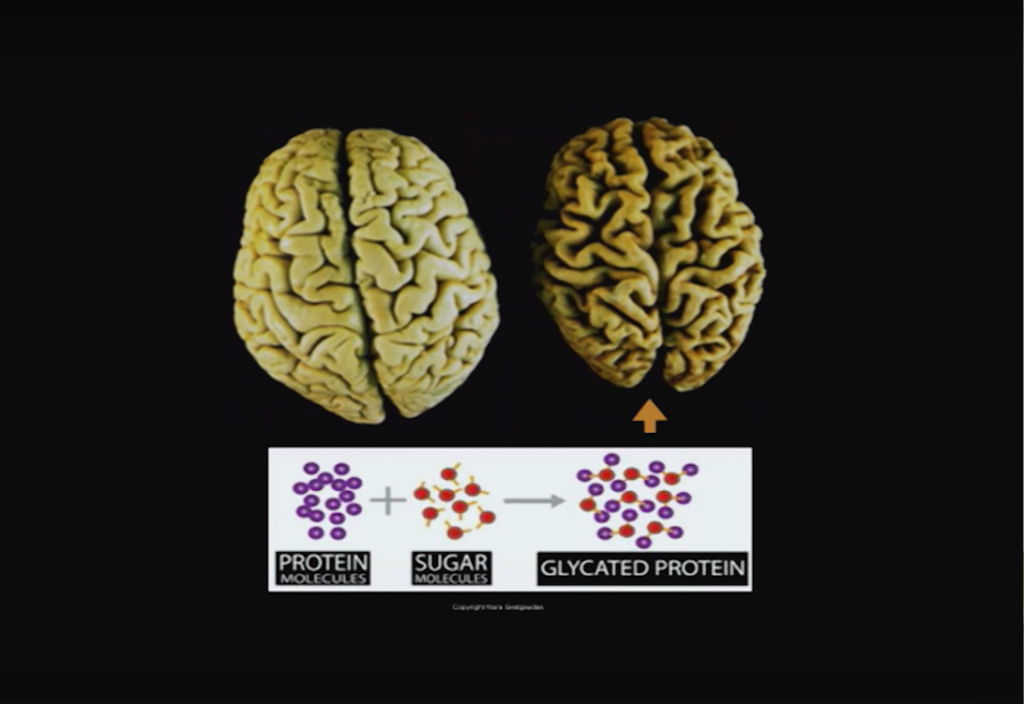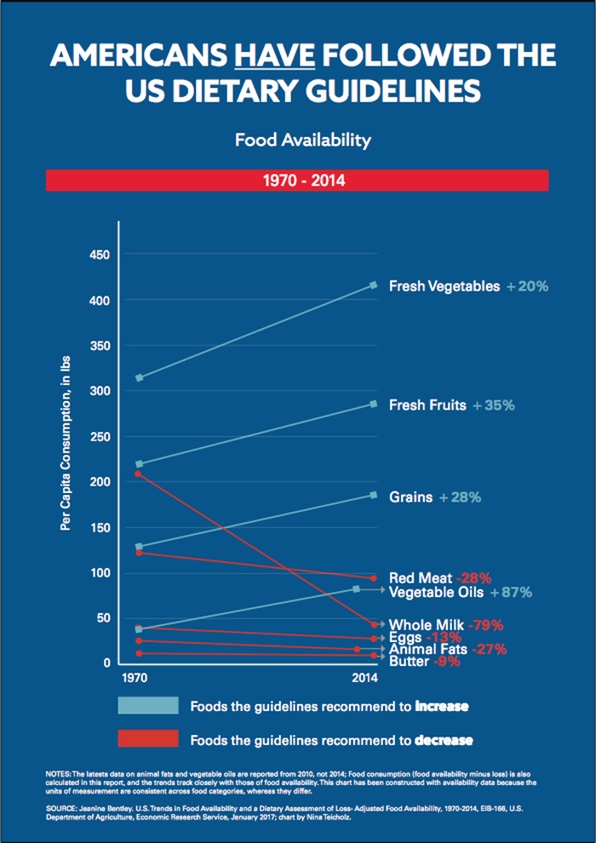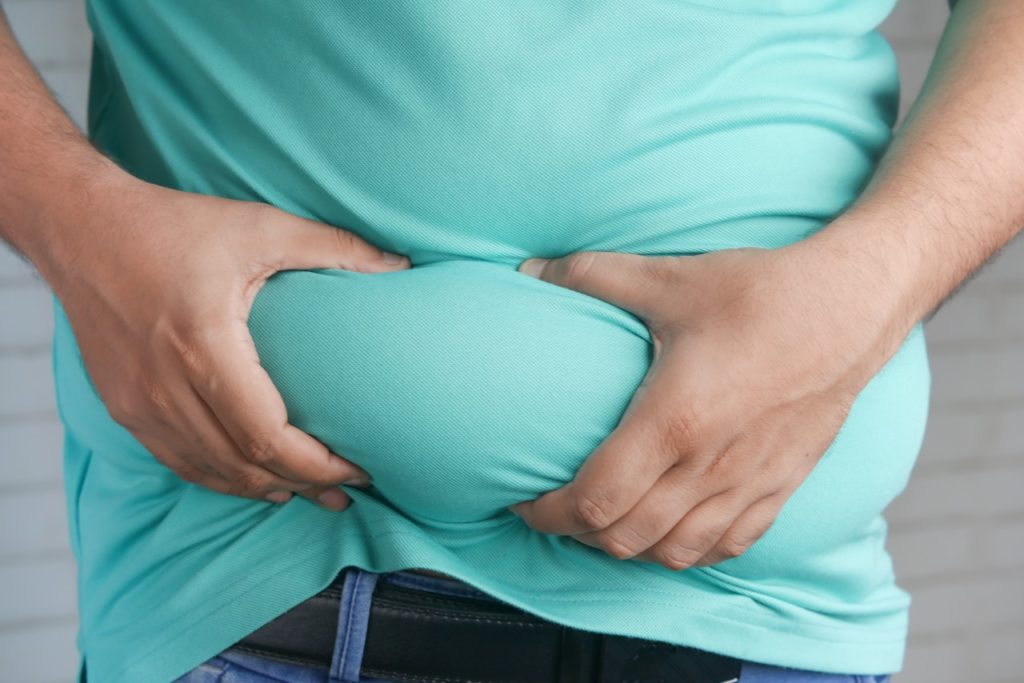Well if we’re going to stop eating sugar, then we have to replace it with fat.
WAIT, AREN’T WE TRYING TO LOSE FAT? WHY WOULD WE WANT TO EAT MORE OF IT!? is what you might ask.
Well, what is fat?
It is the most energy efficient substrate and it plays an important part in the structural integrity of all the cells in the body. It is also the foundation for a variety of hormones and the body’s ability to absorb fat soluble vitamins(A, D, E, and K).
It’s no stretch to say that without fat, there would be no life for us.
Fat is the entire basis of what makes us uniquely human.
Our brains are roughly 80% fat by dry weight and uses up 20-30% of our total energy expenditure. Fat, being the most calorie efficient at 9 cal/gram, logically would be the best way for us to pay for such an expensive brain. The body even goes out of its way to convert carbs into fat.
DHA and EPA are animal sourced omega-3 fats are the main building blocks of our brain. Brain development would suffer if adequate amounts are not consumed.

We are actively damaging our brains with the constant barrage of sugar in our modern diets.
If fat is so essential to our health, why are we all so afraid of it? Our government has managed to vilify it, and our entire society is worse off for it. All thanks to Ancel Keys and cherry picked data, he led the nation to believe that saturated fat was the blame for the rise in incidence of heart attacks. Food policies were modeled after this unproven claim and even with staunch opposition from other scientists who understood how weak the science was. What’s more is with new evidence that clearly shows that Keys was wrong, the policies continue to remain in place and negatively affect Americans today.
Up into the 1960’s Americans consumed almost half of calories from fat and everyone was relatively slim. But after the US Dietary Guidelines came into effect in 1977, there was a sharp increase in the rates of obesity. Ironically, effectively making the exact problem they were fix much worse.
We have been eating fat as a species for well over a millennia, so isn’t it a little odd for something we’ve been eating for so long to suddenly start causing problems for us? And in fact for the past several decades we have been eating significantly less fat than before, yet the obesity/diabetes epidemic has only worsened.

Doesn’t eating fat clog our arteries? Not so fast.
You probably remember seeing something like this.
But this would be equivalent to if I poured water on a sponge and said that’s how water gets into your body after you drink it. It just physiologically does not work like that. The body does not let fat just float around in the bloodstream. Fat is shipped around carefully in containers specifically designed to ferry fat. It’s only when we eat too much sugar and that sugar starts to mess around with that system is when we start having issues with fat. Rest assured, saturated fat is not the cause of heart disease.
So what do I do now?
Do not be afraid of eating animal fats like we’ve been told for so long. Eat more fatty cuts of meat, fish, and eggs. Olive, avocado, and coconut oils are all game as well. Fat makes you feel fuller for longer, so naturally you will eat less overall. Whatever you do, do not load up on vegetable/seed oils. Remember, saturated fats are indeed good for us and central to leading a healthy life.
TL;DR
Fat is an essential part of our diet, it defines us as a human species. It is crucial for our brain health and integrity of cell membranes. The government made policies based on weak and fraudulent science that pushed the idea that fat was bad for us. Society dutifully followed those guidelines and only got sicker for it. We need to reject that false notion and return to eating more healthy fats to restore our health.
Other resources:
-Paul Saladino – The Most Precious Human Food: Animal Fat
-Dr. Paul Mason – ‘Saturated fat is not dangerous’
-A Deep Dive Into The World of Lard | Food Unwrapped
-The Story of Fat: Why we were Wrong about Health
–Peter Defty – ‘Winning on Fat: What the FASTER LCD Cohort do in the Real World
For in depth research:
–An Interview with Dr. Paul Mason – Dr. Mason answers questions about vegan and carnivore diets
